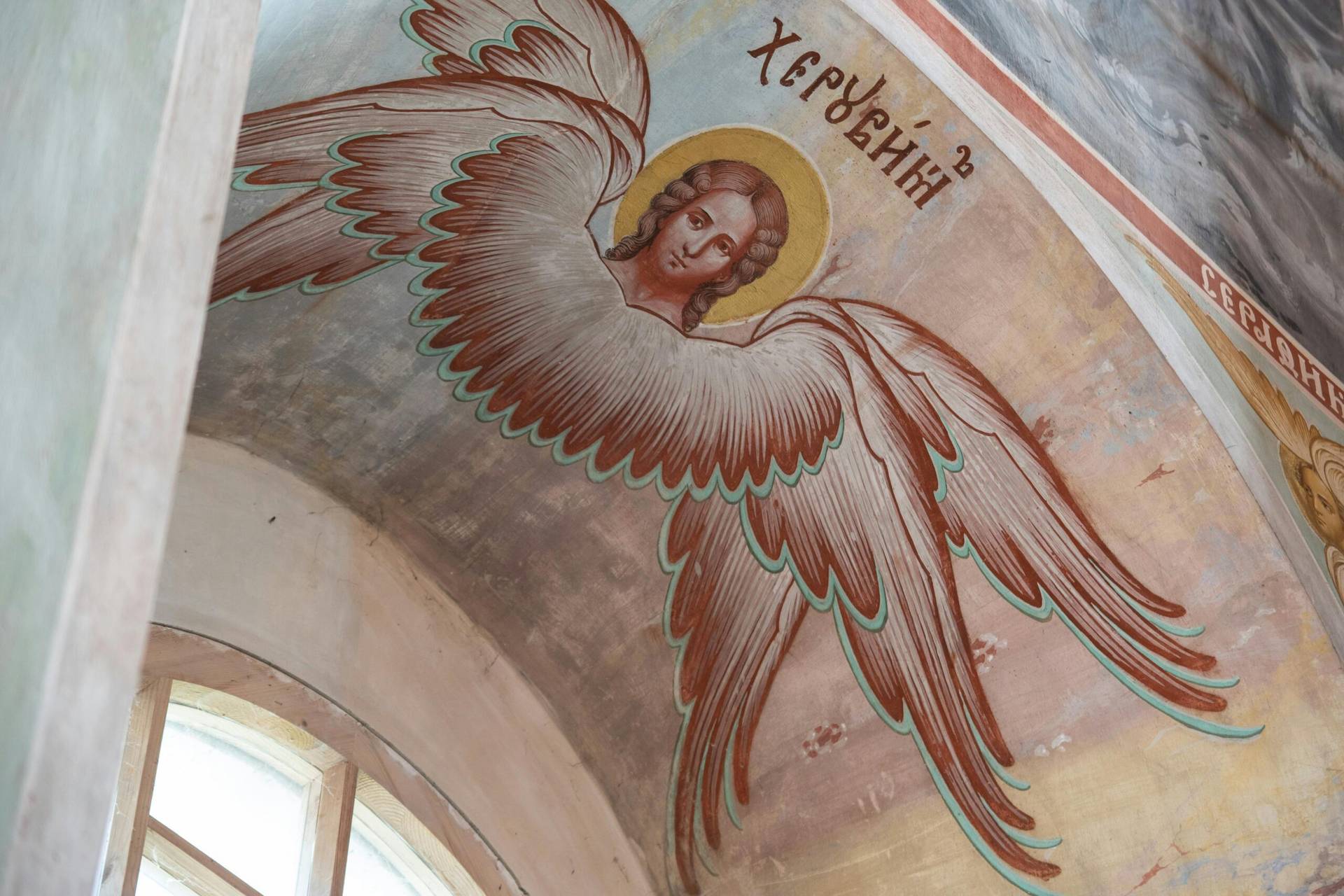On the first anniversary of Pope Francis’s historic U.S. visit one thing that stands out particularly was the pope’s unexpected praise for the free market economy of his host country.
Despite Pope Francis’s well-earned reputation as a critic of the “idolatry of money” and of powerful global economic forces that exploit the poor, he took advantage of his address to the U.S. Congress to lecture politicians on the importance of wealth creation for lifting the poor out of poverty.
Likening the men and women of Congress to the biblical figure of Moses, he reminded them of the importance of the simple, industrious people who make America great.
The pope said that it is “the many thousands of men and women who strive each day to do an honest day’s work, to bring home their daily bread, to save money and – one step at a time – to build a better life for their families” who “sustain the life of society.”
These men and women “generate solidarity by their actions, and they create organizations which offer a helping hand to those most in need,” he said.
But the pope’s most striking words came when speaking about the ability of the free market to lift people out of poverty.
In the fight against poverty, Francis said, it “goes without saying that part of this great effort is the creation and distribution of wealth. The right use of natural resources, the proper application of technology and the harnessing of the spirit of enterprise are essential elements of an economy which seeks to be modern, inclusive and sustainable.”
“Business is a noble vocation,” the pope continued, “directed to producing wealth and improving the world. It can be a fruitful source of prosperity for the area in which it operates, especially if it sees the creation of jobs as an essential part of its service to the common good.”
Just two months prior to his U.S. trip, a journalist told the pope that many Americans view his words on the global economy as a criticism of the American economic system and way of life. In response, Francis promised that he would take the critique seriously and would study up on American economic life.
He was also criticized for paying too little attention to the middle class, “people who work and pay their taxes, normal people.”
“That’s a good correction,” the pope replied. “You’re right. It has been my mistake not to think about this,” after which he acknowledged: “I should go more into this in my teaching.”
True to his word, the Pope employed the most important political address of his visit to hold up hard-working members of the middle class as an example to all, while praising the American free market system with its emphasis on entrepreneurship.
Confounding the predictions of the pundits who had projected that the pope would “probably discuss American capitalism’s flaws” in his words to Congress, he did the opposite.
In fact, the pontiff’s views on economic life are somewhat more nuanced than many suppose.
According to the pope’s former teacher and one-time mentor, Father Juan Carlos Scannone, Francis is no anti-capitalist. “He doesn’t criticize market economics, but rather the fetishization of money and the free market,” Scannone said. “One thing is market economics. Another is the hegemony of capital over people.”
And although Jorge Mario Bergoglio always identified with the Church’s mission to the poor, the future pope never bought into Marxism and eschewed its Christianized counterpart, liberation theology.
In its place, Bergoglio embraced Scannone’s “theology of the people” (teología del pueblo) as an alternative to Marxist-inspired liberation theology. Far from the ideology of class struggle, the theology Francis adopted was more pastoral than ideological, emphasizing humility, simplicity, and intimate contact with society’s poor and most vulnerable.
Nonetheless, Francis’s continual emphases on the poor have led to frequent misunderstandings, even on the part of people who should know better.
In an interview last September, Democratic presidential hopeful Bernie Sanders said he thinks the pope is a “socialist” who believes, like him, that wealth is not “an end in itself.”
During the interview, Father Thomas Rosica, the Canadian priest from the Salt and Light Catholic television network who hosted the interview, asked Sanders whether he thought Francis is a socialist, to which Sanders said “yes.”
“To be a socialist,” said Sanders, “in the sense of what the pope is talking about, what I’m talking about, is to say that we have got to do our best and live our lives in a way that alleviates human suffering, that does not accelerate the disparities of income and wealth.”
Although Pope Francis has indeed been very critical of the “unfettered pursuit of money,” saying that we can “no longer trust in the unseen forces and the invisible hand of the market” and that justice requires “mechanisms and processes specifically geared to a better distribution of income,” he has also explicitly stated that “the Marxist ideology is wrong,” when asked about his economic views.
Remarkably, Francis’s views on the market economy actually seem to mirror those of his predecessor, Saint John Paul II. In his 1991 encyclical on economic life, Centesimus Annus, John Paul famously distinguished between capitalism as an ideology of lawlessness and capitalism as a system that promotes free exchange and creativity.
“If by ‘capitalism’ is meant an economic system which recognizes the fundamental and positive role of business, the market, private property and the resulting responsibility for the means of production, as well as free human creativity in the economic sector, then the answer is certainly in the affirmative,” he wrote.
While none of this signals that Francis will lessen his attention on helping the poor or temper his fierce criticism of unjust economic structures, it does suggest a subtler understanding of economic realities than many give him credit for.
Thomas D. Williams is a Rome-based Catholic theologian, author and professor of Ethics at the University of Saint Thomas. His fifteen books include The World as It Could Be: Catholic Social Thought for a New Generation (Crossroad) and Who Is My Neighbor? Personalism and the Foundations of Human Rights (CUA Press).

















